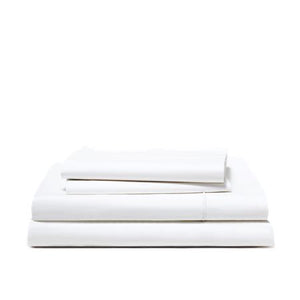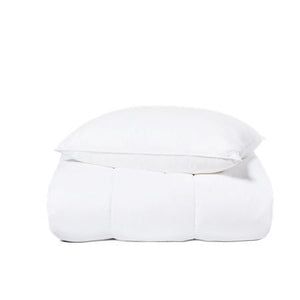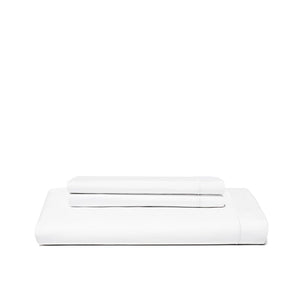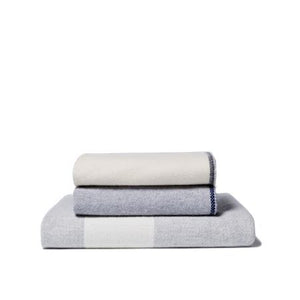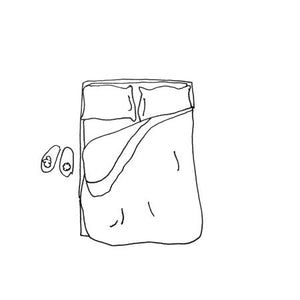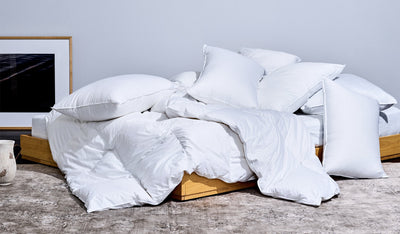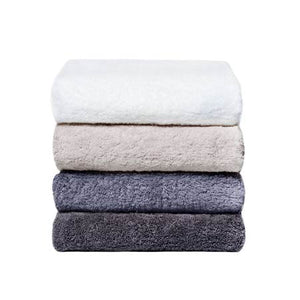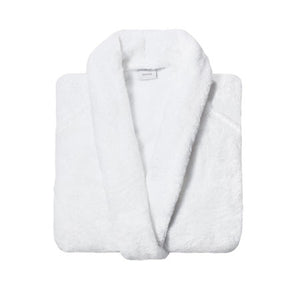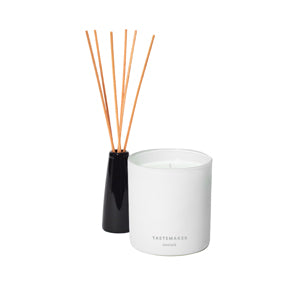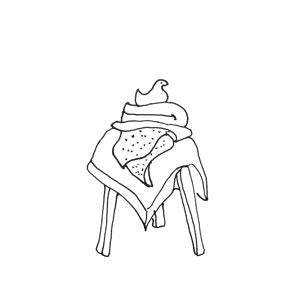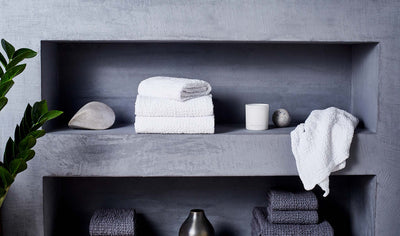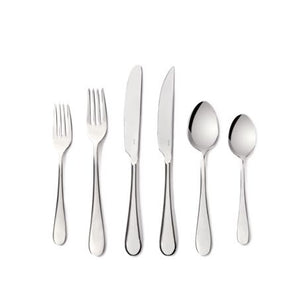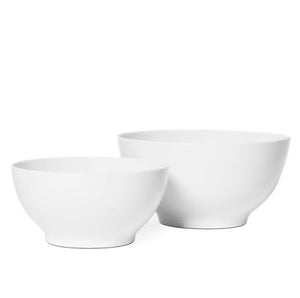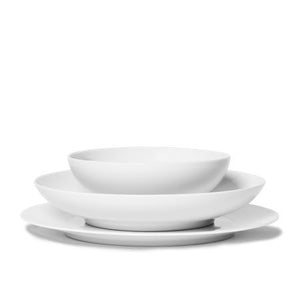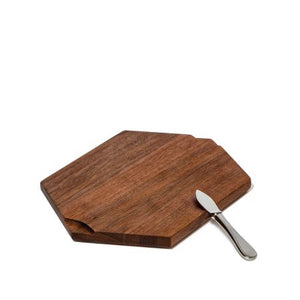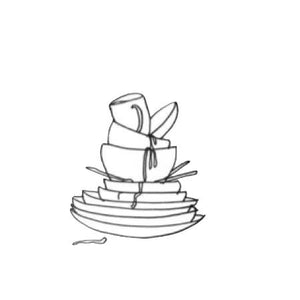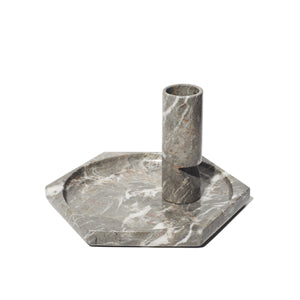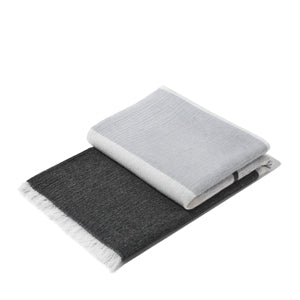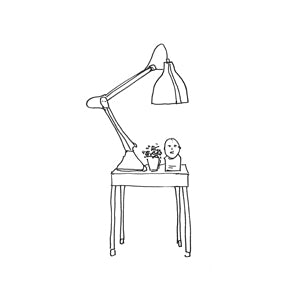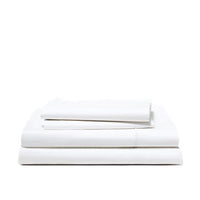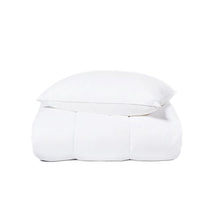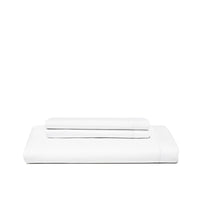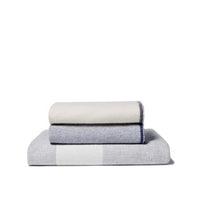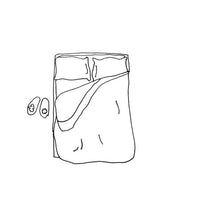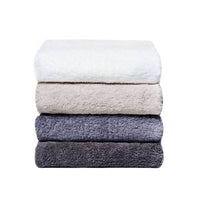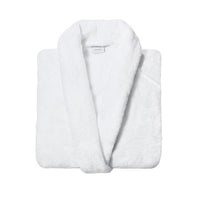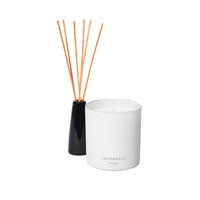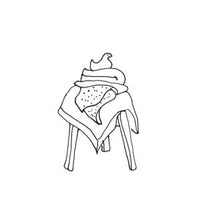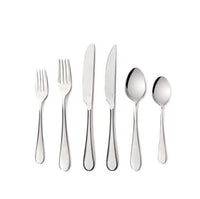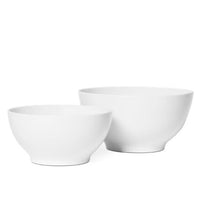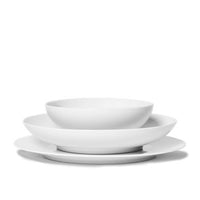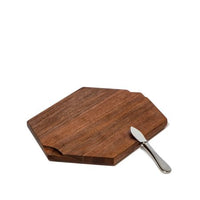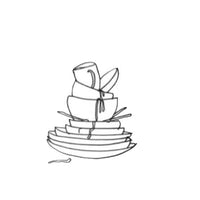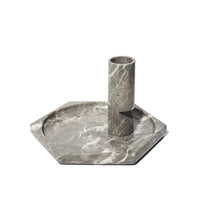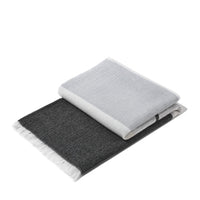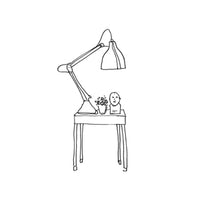When it comes to choosing between a comforter vs. duvet for your bedroom, you may find yourself debating between a comforter and a duvet. While both options can provide warmth and comfort, they have their differences that may make one more suitable for your needs than the other.
A comforter is a type of bedding that is typically filled with synthetic fibers or down feathers and is designed to be used on its own as a bedspread. It is often quilted or stitched to keep the filling in place and comes in a variety of colors, patterns, and styles to match your decor.
A duvet, on the other hand, is a soft, flat bag filled with down, feathers, or synthetic fibers that is designed to be used with a cover. The cover, known as a duvet cover, can be easily removed and washed, making it a more practical option for those who want to switch up their bedding frequently.
Understanding Best Bedding Basics

When it comes to bedding basics, there are a few key terms that you should be familiar with. In this section, we'll define duvets and comforters, and go over their characteristics to help you choose the best option for your needs.
Defining Duvets
Duvets are a type of bedding that is typically filled with down, feathers, or synthetic fibers. They are designed to be used with a duvet cover, which is a removable cover that can be washed separately from the duvet itself.
Duvets also tend to be warmer than comforters, which makes them a good choice for colder climates.
Comforter Characteristics
Comforters, on the other hand, are typically filled with down, feathers, or synthetic fibers, and are designed to be used as a standalone bedding item. They are often quilted to keep the fill material evenly distributed, making them the best comforter insert for warmth and comfort. It comes in a variety of fill weights to suit different preferences.
One of the benefits of using a comforter is that it is easy to use - you simply place it on top of your sheets and you're done.
Comforters also tend to be less expensive than duvets, which makes them a good choice for those on a budget.
Duvet vs. Comforter: Key Differences
When it comes to choosing between a duvet and a comforter, it's important to understand the key differences between the two.
One of the main differences is that duvets require a cover, while comforters do not. This means that duvets are generally easier to clean, as you can simply remove the cover and wash it separately.
Comforters, on the other hand, may need to be washed as a whole, which can be more cumbersome.
Another key difference is the fluff factor. Duvets tend to be fluffier and thicker than comforters, as they contain more fill. This can make your bed look more cozy and inviting, but it can also make it more difficult to store and transport.
Comforters, on the other hand, are generally easier to store and transport, as they are thinner and less bulky.
Size and Fit Guide
When choosing between a duvet and a comforter, it's important to consider the size and fit.
Duvets are typically available in a wider range of sizes than comforters, which can make it easier to find one that fits your bed perfectly. However, it's important to measure your bed carefully to ensure that you choose the right size.
When it comes to fit, duvets and comforters differ in the amount of overhang they provide. Comforters typically overhang the sides of the bed more than duvets, which can give your bed a more finished look. However, this can also make it more difficult to make the bed, as you may need to adjust the comforter frequently.
Choose the Best Bedding for Comfort and Quality

When it comes to choosing between a comforter and a duvet, comfort and quality are two important factors to consider. In this section, we'll explore how the materials, warmth, and weight of these bedding options can affect your comfort and sleeping preferences.
Material Matters
The materials used in comforters and duvets can greatly impact their comfort and quality.
Natural materials, such as cotton, linen, flannel, silk, and wool, are often preferred for their softness, breathability, and durability. However, synthetic materials, such as polyester, can also provide comfort and quality at a lower cost.
When choosing between a comforter and a duvet, consider the material of the cover and the filling.
A high-quality cover can help protect your bedding and provide a soft and comfortable surface to sleep on.
Natural fillings, such as down or lightweight down alternative duvet inserts, can provide warmth and fluffiness, while synthetic fillings can offer hypoallergenic and easy-to-clean options.
Warmth and Weight
The warmth and weight of your bedding can greatly impact your comfort and quality of sleep.
Comforters and duvets can range from lightweight to heavyweight, depending on the insulation and fill power.
A higher fill power means more warmth and fluffiness, while a lower fill power means less warmth and fluffiness.
Consider your sleeping habits and preferences when choosing a comforter or duvet.
Hot sleepers may prefer a lightweight and breathable option, such as a lightweight down comforter, while cold sleepers may prefer a heavier and more insulating option.
Additionally, the weight of your bedding can affect your ability to move and adjust during the night, so finding the right balance is important.
Sleeping Preferences
Your sleeping style and habits can also affect your comfort and quality of sleep with a comforter or duvet.
If you tend to move around a lot during the night, a comforter may be a better option as it can stay in place and provide consistent warmth.
However, if you prefer to adjust your bedding frequently, a duvet may be easier to manage.
How to Select the Best Bedding Sets: Design and Aesthetics

When it comes to design and aesthetics, both comforters and duvets offer a wide range of options to choose from. Here are some aspects to consider:
Color and Pattern Choices
Comforters come in a broad spectrum of colors and patterns to suit different aesthetics. Some popular choices include solid colors, stripes, floral patterns, and geometric designs.
On the other hand, the color or design of your duvet cover will most dictate the style. You can choose from a variety of colors and patterns to match your bedroom decor.
Some duvets even feature reversible designs, allowing you to switch up the look of your bedding without having to buy a new one.
Customization Options
If you're looking for a bedding option that can be customized to your liking, a duvet may be a better choice.
Duvets come with buttons or ties that allow you to secure the insert inside the cover. This makes swapping out bedding easy and gives you the option to change the look of your bedding without having to buy a whole new set.
Additionally, duvet covers are often removable and can be washed separately, making it easier to keep your bedding clean and fresh.
How to Maintain and Care Your Bedding
Taking care of your bedding is crucial for ensuring its longevity and maintaining its appearance. Comforters and duvets have different care requirements, so it's essential to know how to clean and care for them properly.
Cleaning Protocols
When it comes to cleaning, comforters and duvets differ in their care requirements.
Comforters often need to be dry cleaned due to their size and filling, while duvets can be washed in a washing machine. However, it's important to check the care instructions that come with your bedding to ensure you're cleaning it correctly.
If your comforter requires dry cleaning, it's best to take it to a professional cleaner.
Dry cleaning ensures that the filling doesn't clump or shift, which can happen if you try to wash it at home.
On the other hand, if your duvet is machine washable, you can wash it at home, but be sure to use a gentle cycle and mild detergent.
For spot cleaning, use a mild detergent and a soft-bristled brush to gently scrub the affected area. Avoid using bleach or harsh chemicals, as they can damage the filling and fabric.
Durability and Lifespan
The durability and lifespan of your comforter or duvet depend on the quality of the materials used and how well you care for it.
Comforters made from high-quality materials can last for years with proper care. However, they may require more maintenance than duvets due to their size and filling.
Duvets, on the other hand, are often more durable than comforters due to their removable covers.
The cover protects the filling from wear and tear and can be easily replaced if it becomes damaged. With proper care, a duvet can last for many years.
To ensure the longevity of your bedding, always follow the care instructions provided by the manufacturer.
Avoid washing or drying on high heat, as this can damage the filling and fabric.
Duvets can be challenging to clean, especially if they become dirty or stained.
On the other hand, comforters can be prone to clumping or shifting, which can make them less comfortable and less visually appealing over time.
Comforters can also be challenging to clean, especially if they are made with delicate materials or intricate designs.
Conclusion
When deciding between comforters and duvets, the best choice ultimately comes down to your personal needs and preferences. Comforters offer simplicity and are generally more affordable, while duvets provide versatility and ease of cleaning. Whether you prioritize ease of use, cost, or the ability to change up your bedroom decor, there’s a perfect option out there for you.
Both options have their unique advantages, and considering factors like warmth, maintenance, and style will help you find the ideal fit for your lifestyle. Whichever you choose, may your nights be cozy and your sleep restful! Ready to make your choice? Explore our Snowe products and find your perfect bedding match today!
Frequently Asked Questions
What are the differences in warmth and insulation between a comforter and a duvet?
Both comforters and duvets can provide warmth and insulation, but there are some differences.
Comforters are typically filled with synthetic materials or down feathers and are designed to be used without a cover.
Duvets, on the other hand, are designed to be used with a cover and are typically filled with down feathers or a synthetic material.
The cover on a duvet can add an extra layer of insulation, making it a great choice for colder climates.
How do the sizes of comforters and duvets compare?
Comforters and duvets come in a range of sizes, including twin, full, queen, and king. However, the sizing can vary between brands and manufacturers, so it's important to check the measurements before you buy.
In general, duvets tend to be slightly larger than comforters to accommodate the additional bulk of the cover.
What are the pros and cons of using a comforter versus a duvet for someone who sleeps hot?
For someone who sleeps hot, a comforter may be a better choice as it is typically lighter and less bulky than a duvet.
However, a duvet cover can be removed to provide a cooler sleeping experience.
Additionally, some duvets are made with breathable materials that can help regulate body temperature.
The choice between a comforter and a duvet for someone who sleeps hot ultimately comes down to personal preference.
What is the difference between a comforter, duvet, and blanket in terms of usage and comfort?
A comforter is a thick, quilted blanket that is typically filled with synthetic materials or down feathers. It is designed to be used without a cover and can be used on its own or layered with other bedding.
A duvet is similar to a comforter, but it is designed to be used with a cover.
A blanket is a thinner, less insulated layer of bedding that can be used on its own or layered with other bedding.
The choice between a comforter, duvet, and blanket ultimately comes down to personal preference and the level of warmth and insulation you need.
Is it possible to use a duvet cover with a comforter, and how does it affect the comforter's lifespan?
Yes, it is possible to use a duvet cover with a comforter. However, it may affect the comforter's lifespan as the cover can add additional wear and tear.
Additionally, using a duvet cover with a comforter may make it more difficult to clean and maintain.
What type of bedding do hotels typically use, comforters or duvets, and why?
Hotels typically use duvets as they are easier to clean and maintain.
Duvets can be easily removed and washed, whereas comforters are typically more difficult to clean and may require professional cleaning.
Additionally, duvets are more versatile and can be easily changed out to match different decor styles.
